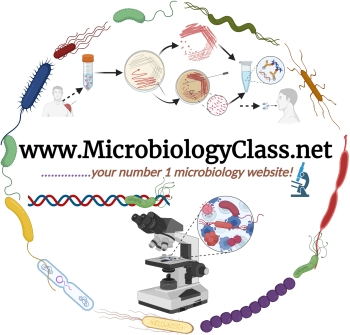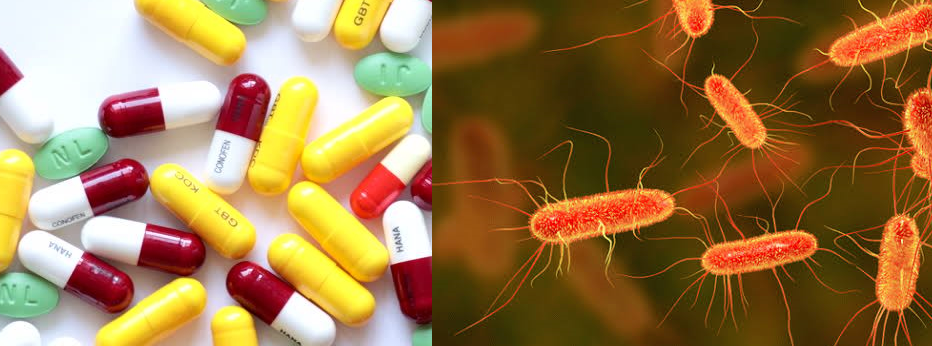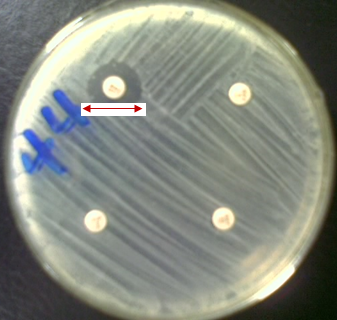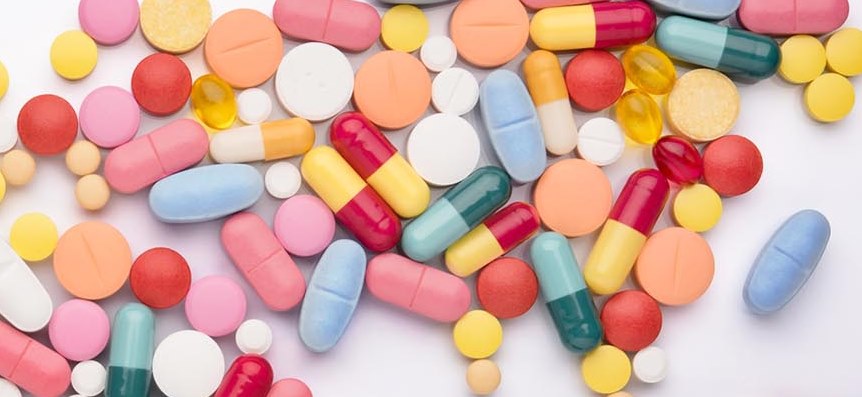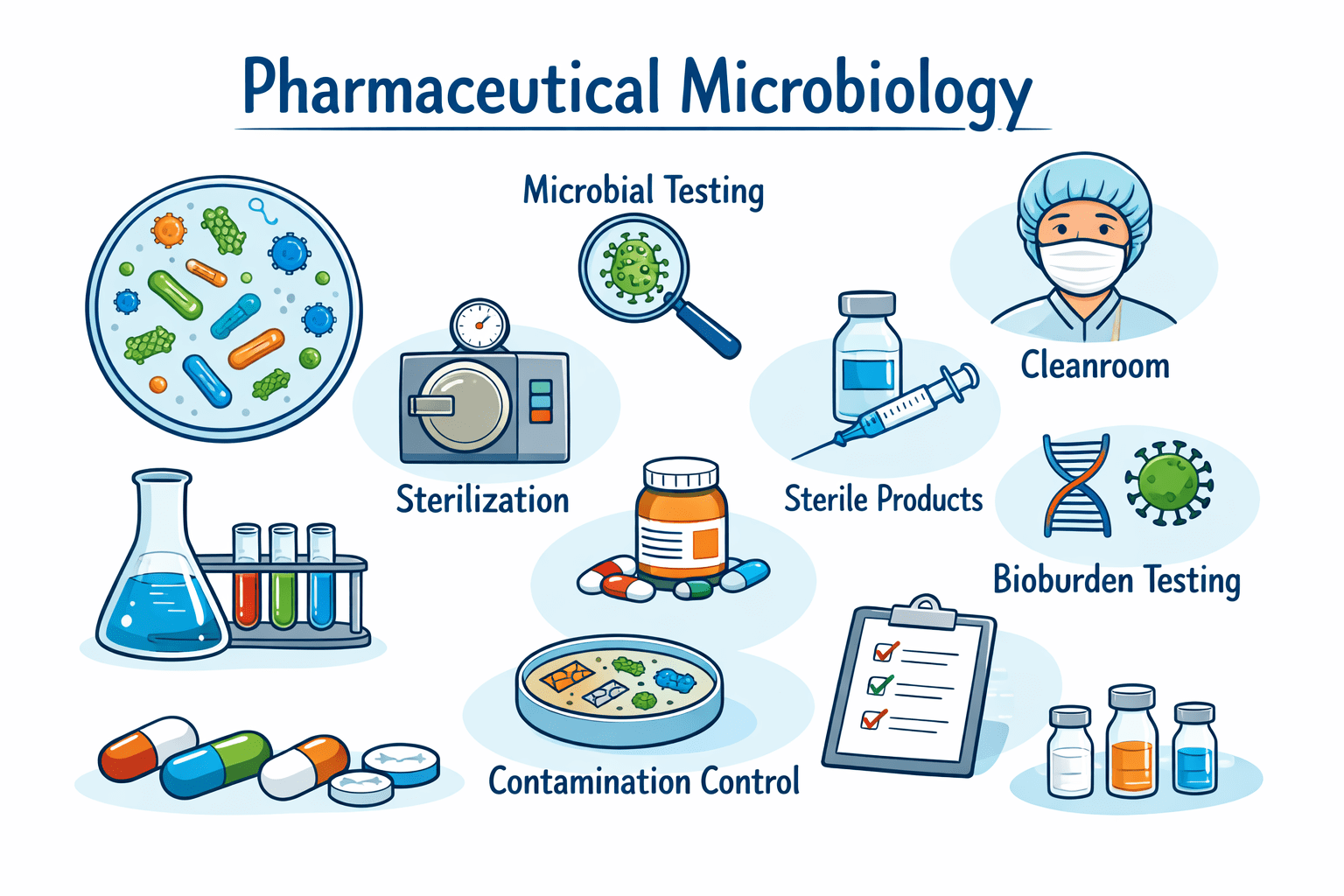The terms synergistic effect (synergism), antagonistic effect (antagonism) and additive effect are all clinical and […]
Tag: drugs
ANTIBIOTIC RESISTANCE
Antibiotic resistance is a phenomenon that occurs when bacteria are not killed or inhibited by […]
Overview of antimicrobial agents (antibiotics)
Ever since their discovery some decadesago, antimicrobial agents particularly antibiotics have saved mankind from the […]
SOURCES OF ANTIBIOTICS
Before the advent of conventional medicine used in clinical medicine today for the treatment of […]
DEFINITION OF AN ANTIBIOTIC
There is no consensus to the definition of antibiotics. But it is very important that […]
Introduction to Pharmaceutical Microbiology
Pharmaceutical microbiology is the branch of microbiology that focuses on all aspects of pharmacy especially […]

